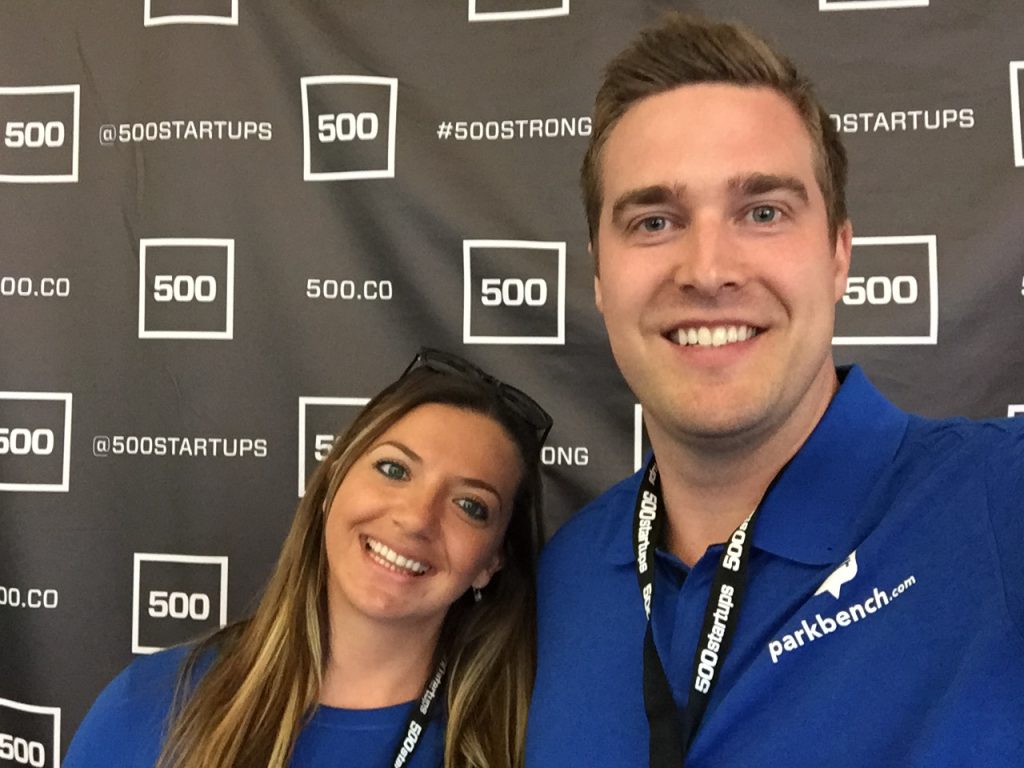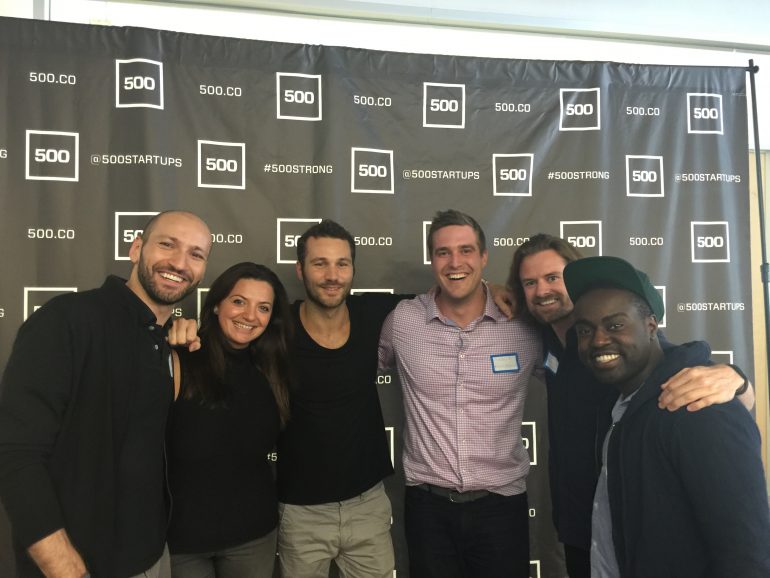For some companies, success means expanding services to as many cities as possible in order to grow revenue and dominate its market. But for Grant Findlay-Shirras, the key to success is much more granular: “It’s not social media, it’s not website traffic. It’s not online advertising or print marketing. The majority of business comes from relationships and referrals”.
Findlay-Shirras is the co-founder and CEO of Parkbench, which, put simply, builds community websites. Their site features aggregated content, events, and deals at the neighbourhood level to give users a magnified look at what’s happening in their community.
But Parkbench isn’t trying to become another community newspaper — instead, it’s trying to become a resource for community businesses to advertise and gain new customers by focusing locally. The story of Parkbench started when Findlay-Shirras, who owned a fitness company, and real estate agent Amanda Newman — also his wife and co-founder — moved into the Liberty Village neighbourhood in 2013.
Both are businesses that require strong relationships with local neighbourhoods, so to build value for potential clients, Findlay-Shirras launched a website for Liberty Village in March of that year giving homeowners information on deals from local businesses and events in the area.
“In very urban areas, there’s an increasing amount of stuff that’s happening on a neighbourhood level.” – Grant Findlay-Shirras, Parkbench CEO
“If you connect people and help them make more money, the reciprocal is for them to help you make money; if you give them information that they want, they will give you information that you want,” said Findlay-Shirras. “We could build our brand and build our business, and it worked. We got 40 out of 60 businesses in Liberty Village using the website, 500 people registered for the site within the first three months, and we got up to 30,000 hits. Lo and behold, businesses were making money, and I got referrals and clients for it.”
When another realtor asked if she could advertise on the Liberty Village site, Findlay-Shirras initially declined since Newman was the only real estate agent he wanted to promote. But when she came back and asked if she could get her own site and advertise for the King West neighbourhood, Findlay-Shirras realized this was an idea that could scale.
Since its launch, Parkbench has been completely bootstrapped, hit $2 million ARR, hosts neighbourhoods across 30 US states and five Canadian provinces, and recently took part in 500 Startups’ Batch 17.
Findlay-Shirras credits the company’s success to using a franchise model; Parkbench allows only one real estate agent per website to advertise their services, and Findlay-Shirras says that for the money that Parkbench asks for, real estate agents can’t get a better deal anywhere. At the same time, local businesses get the same features of popular deals and listing sites like Groupon and Yelp, but with a more local focus.

“I only work with one person per area — which is pivotal to our business model — and give them grandfathered pricing, so no matter how big the website got, they would the pay same thing every year. I also gave them first right of refusal so no one could take it away from them even if they offered me the same price,” said Findlay-Shirras.
Findlay-Shirras denies that this model stunts Parkbench’s financial growth. “In the long term, because of these terms, these people pay me money and then spend their own time and money on top of it to promote the neighbourhood website,” he said. “So I have zero marketing dollars needed to grow this, and I have a financially incentivized person in every neighbourhood we’re in actively out there trying to grow it.”
In the future, Findlay-Shirras believes that more companies whose focus is on growing in cities will start turning to neighbourhoods. It’s a similar line of thinking he shares with investors who tell him that hyperlocal companies can’t scale; many local networks, according to Findlay-Shirras, fail because they rely on user-generated content that is built from a corporate office, when in fact, there needs to constantly be someone on the ground in each area because neighbourhoods are so unique.
“I think especially in very urban areas, there’s an increasing amount of stuff that’s happening on a neighbourhood level…targeting a city used to be granular,” said Findlay-Shirras. “Now it’s like, it’s too much, so 100 percent of companies need to be more local in major metro areas. Because the neighbourhood is the new city.”


